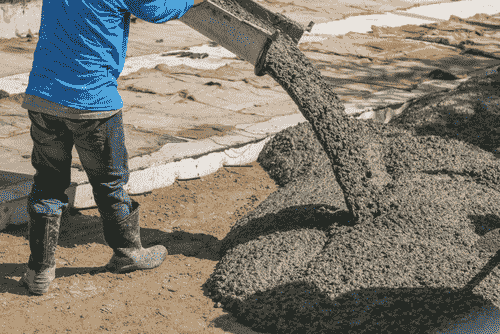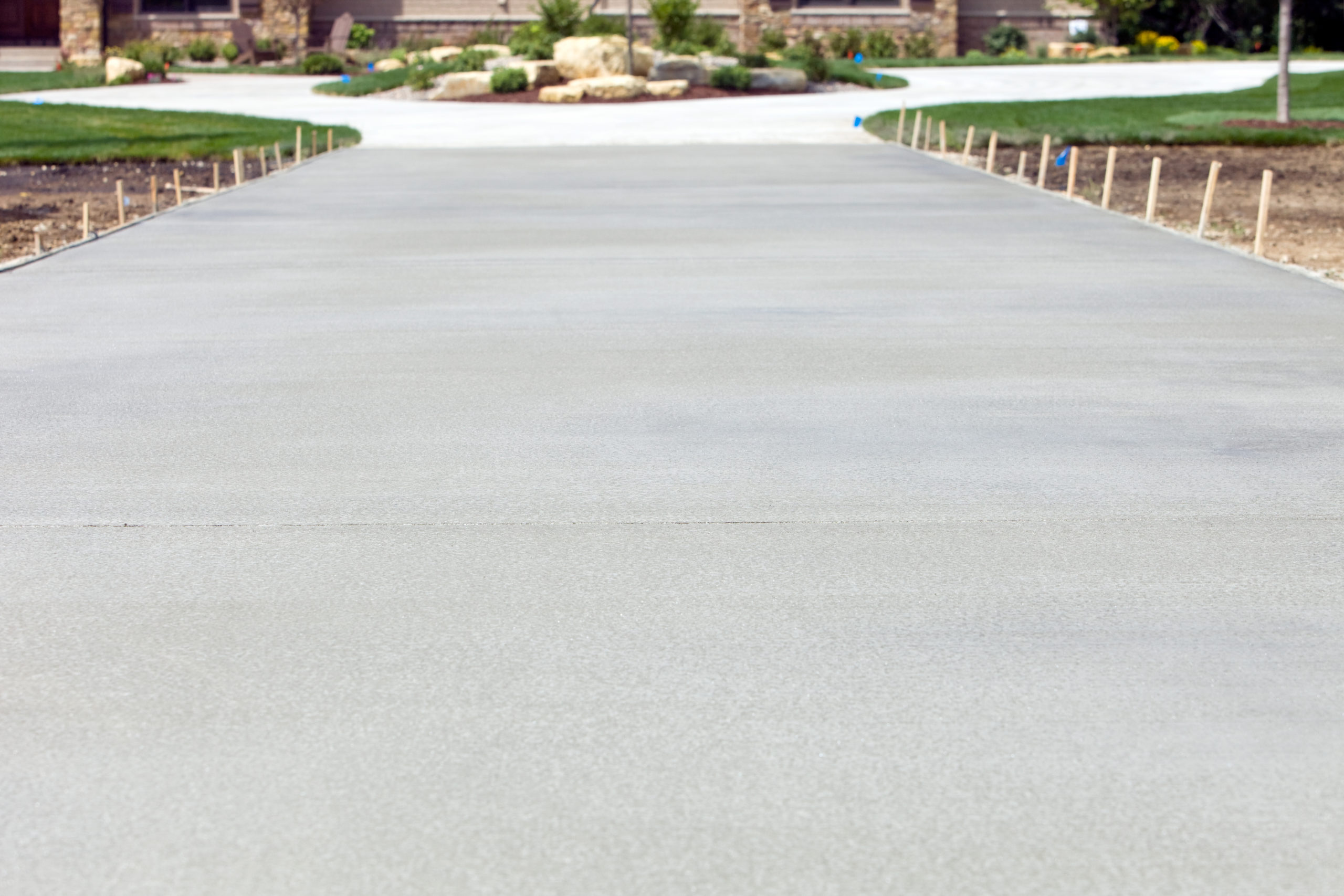Residential and Commercial Concrete Providers: Tailored to Your Job Demands
Residential and Commercial Concrete Providers: Tailored to Your Job Demands
Blog Article
Unveiling the Eco-Friendly Advantages of Making Use Of Recycled Concrete in Lasting Building And Construction Practices
In the realm of sustainable building and construction techniques, the application of recycled concrete stands as an essential yet typically undervalued source. Past its traditional applications, recycled concrete offers a myriad of eco-friendly advantages that expand far past the confines of typical building products.
Environmental Advantages
By incorporating recycled concrete right into building and construction techniques, there is a significant reduction in the demand for new raw products, leading to conservation of all-natural resources. In addition, the use of recycled concrete lessens the amount of waste being sent out to landfills, therefore minimizing environmental contamination and reducing the pressure on landfill abilities (Concrete).

Moreover, the manufacturing of conventional concrete is a considerable source of carbon emissions due to the energy-intensive procedure of concrete manufacturing. In contrast, recycled concrete has a lower carbon footprint as it reduces the need for brand-new concrete manufacturing. This reduction in carbon emissions contributes to mitigating climate change and supports lasting building methods. Overall, the ecological advantages of utilizing recycled concrete are substantial and play an essential duty in advertising environment-friendly building approaches.
Cost-Efficiency
Accomplishing cost-efficiency is an extremely important consideration when evaluating the use of recycled concrete in building and construction tasks. One of the key advantages of utilizing recycled concrete is its cost-effectiveness compared to standard concrete.
Moreover, using recycled concrete can cause financial savings in landfill expenses by diverting concrete waste from disposal sites. This not just minimizes the ecological influence yet additionally removes the prices linked with waste elimination. The durability and performance of recycled concrete are equivalent to standard concrete, making certain that price financial savings do not jeopardize the high quality of the building.
Resilience and Toughness
Recycled concrete offers similar, if not exceptional, longevity and stamina properties to standard concrete - Concrete. Through improvements in handling techniques and top quality control, recycled concrete can meet or surpass the performance standards of traditional concrete.

Waste Decrease
Reliable waste decrease practices play a vital duty Website in the sustainable usage of sources within the building and construction industry. When it concerns utilizing recycled concrete, waste decrease is a vital benefit that contributes considerably to ecological preservation. Typical construction methods typically produce considerable quantities of waste, especially in the type of concrete debris from demolition sites. By integrating recycled concrete right into building jobs, this waste is repurposed and diverted from landfills, decreasing the general environmental impact of construction activities.
Furthermore, the usage of recycled concrete can lead to set you back financial savings for construction jobs, as it is frequently a lot more affordable than sourcing and transporting brand-new materials - Concrete. In verdict, waste reduction via the utilization of recycled concrete is an essential part of sustainable construction methods that benefits both the construction and the setting sector as a whole.
Power Preservation
Energy conservation is a vital aspect of lasting building methods, aiming to decrease the overall energy usage connected with structure procedures and products manufacturing. Significant power why not look here financial savings are accomplished compared to conventional concrete production when it comes to utilizing recycled concrete in building. The procedure of producing recycled concrete involves recycling and crushing existing concrete materials, which takes in less energy than mining, handling, and transferring basic materials for brand-new concrete manufacturing. Furthermore, the usage of recycled concrete can assist reduce the demand for virgin aggregate, more reducing the energy-intensive removal and handling of natural deposits.
Conclusion
Finally, the use of recycled concrete in sustainable construction techniques provides numerous ecological benefits, cost-efficiency, resilience, strength, waste decrease, and energy preservation. By integrating recycled concrete right into building projects, we can add to a more sustainable and environmentally pleasant future. It is vital for the building industry to prioritize the use of recycled products to help minimize the environmental effect of construction activities.
One of the vital advantages of using recycled concrete is its cost-effectiveness contrasted to conventional concrete.Furthermore, the use of recycled concrete can lead to cost savings in land fill prices by diverting concrete waste from disposal websites. The toughness and efficiency of recycled concrete are equivalent to conventional concrete, ensuring that cost savings do not compromise the high quality of the construction.

Report this page